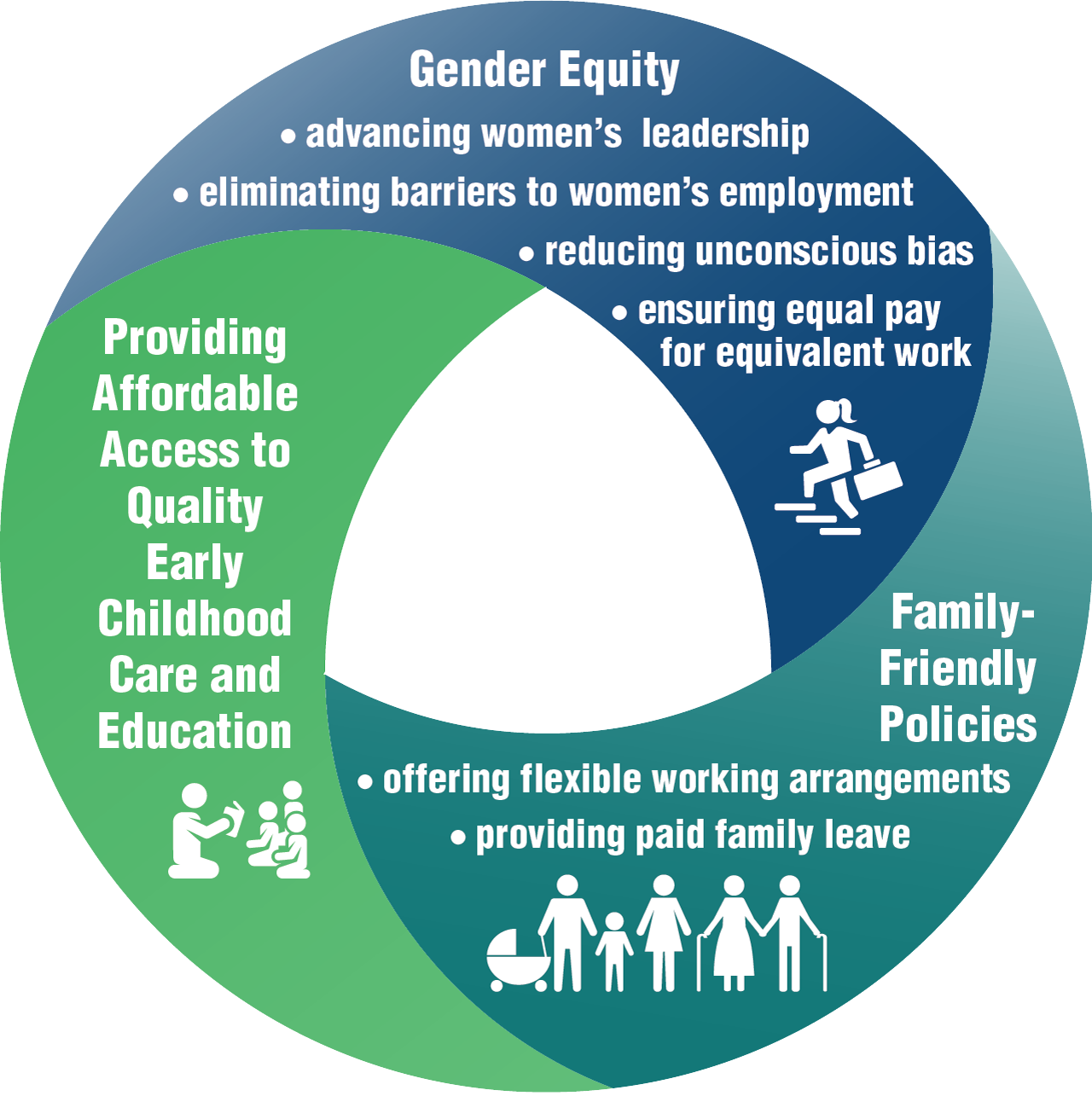Acknowledgments
This report was prepared by Pamela Winter, Senior Advisor, and Camila Mena, Research Analyst at the Bay Area Council Economic Institute. The Economic Institute wishes to thank the sponsors of this project, whose support enabled its development; its advisors, who provided guidance and reviewed its working draft; and the many contributors who provided information and insight.


